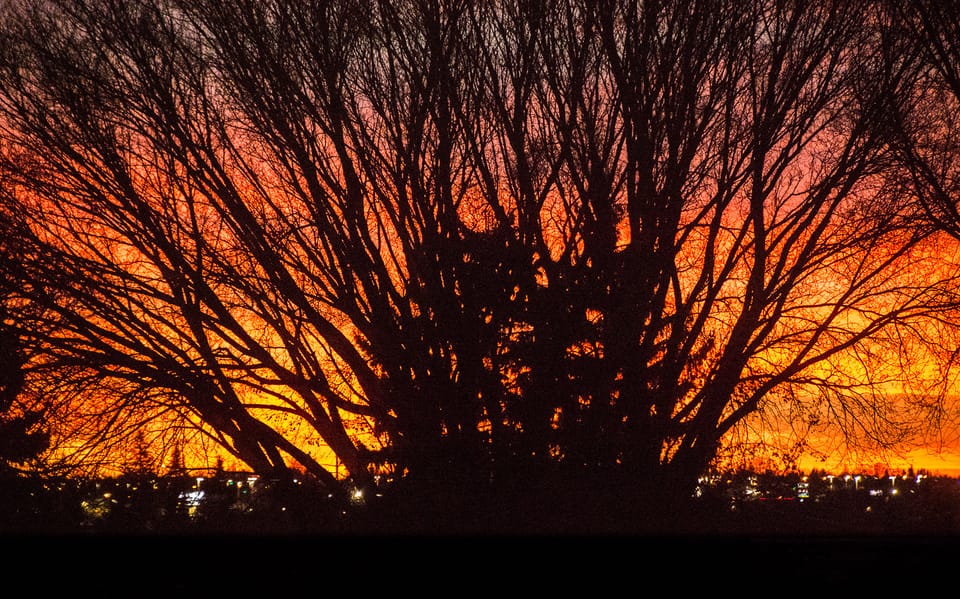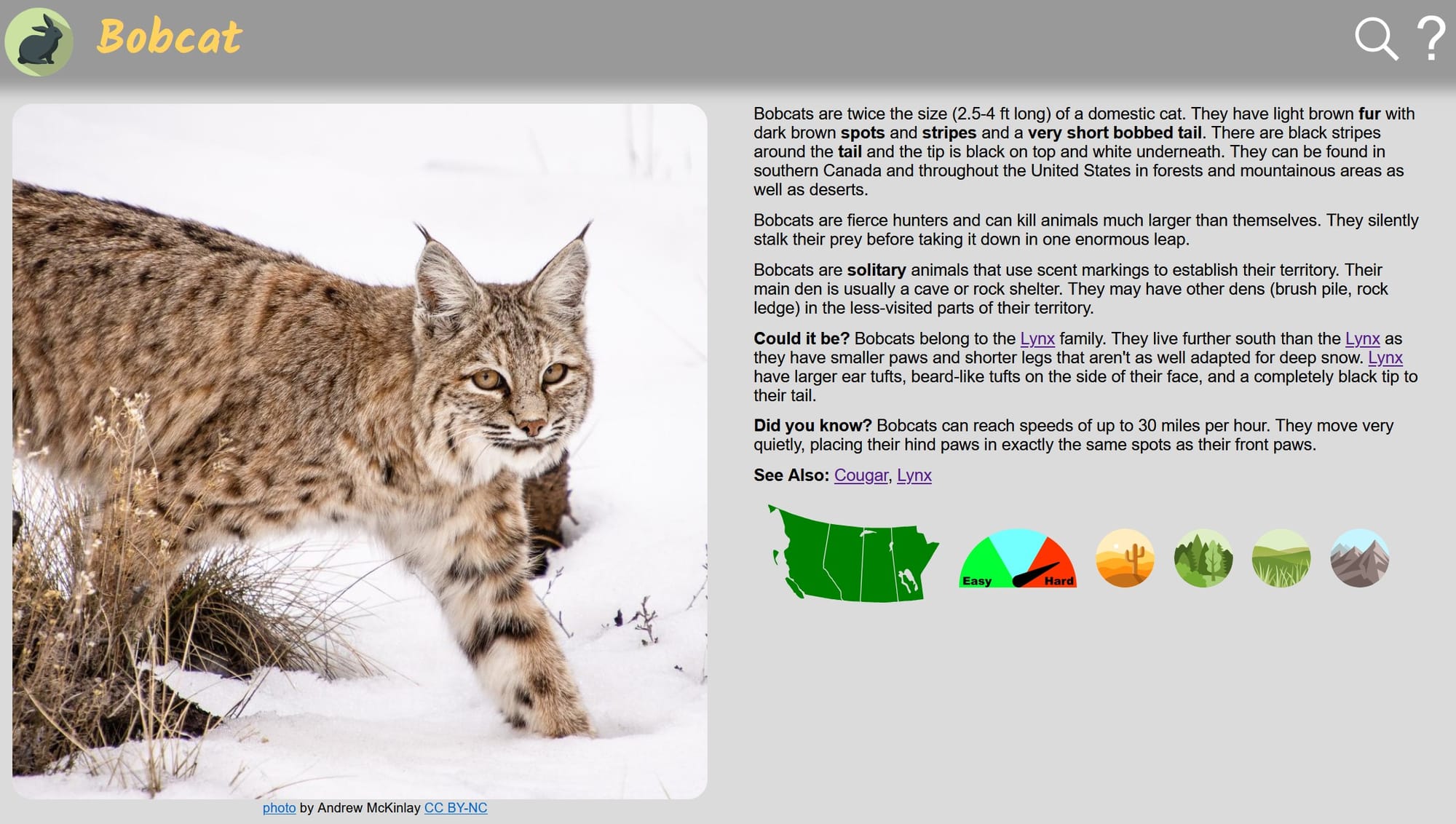Community Leaders & Books: March 2025

We profile local community leaders and post book reviews on a weekly basis on social media, along with excerpts from Nature Companion, our nature app/website. Once a month we repost these items on our website for those of you who may not be active on social media.
Community Leaders
Manitoba: The Winnipeg Wildflower Project plants, harvests, and shares native seeds with their community for urban prairie restoration projects.
British Columbia: Comox Valley Nature is hosting 3 workshops to explore and learn about the trees in their community: Finding the Mother Tree (March 22), The Biomechanics of Trees (May 3), and How Tree Roots Work (June 7).
Saskatchewan: The Saskatchewan Mycological Working Group is a collection of fungi enthusiasts documenting species in Saskatchewan and providing education on all things fungi. They are presenting an Introduction to Mushroom Picking workshop from 1-3 pm, April 5, in Saskatoon.
Alberta: Bragg Creek Wild is committed to improving conditions for wildlife and people in its community by preserving connectivity, promoting safe wildlife routes, and providing public education to reduce human-wildlife conflict.
Books
In Eavesdropping on Animals: What We Can Learn From Wildlife Conversations, George Bumann says, “Most of us spend our entire lives turning a blind eye and deaf ear toward animal communications, chalking the chatter up to just more meaningless racket … Decoding the details is like tapping into the most ancient social media.”
“As you start to study your undomesticated neighbors, you will soon realize that they are also eyeing you. Think of wild conversations as an alternate form of neighborhood watch … As your awareness begins to shift, you begin to get a sense of how nonhuman others might perceive the world and how they perceive you – and your place within it begins to change.”
The Age of Loneliness by Laura Marris: “There’s a strength – a stubbornness – to being lonely, to insisting on the importance of what’s no longer there. To wonder why you never hear a certain bird anymore. To go on a summer road trip and hit only a couple of bugs. To realize, while passing a beach, that there used to be many more horseshoe crabs. To listen for spring peepers and hear just a few. Unlike grief, which is acute and often a response to finality, loneliness hums in the background, but if you tune in to its frequency, it can reveal something about the ways people have often become isolated from the living world. Loneliness is worth listening to because it longs for reconnection – a hurt that illuminates its antidote, a symptom that desires its cure.”
Treekeepers by Lauren E. Oakes “is about the scientists, citizens, and leaders who are seeking to re-create what was lost in the degradation of our world’s forests and striving to retain and revive the lingering green.”
“It should be clear to more people now that ‘a trillion trees’ isn’t a trillion new trees. It is keeping trees, growing trees, planting trees, letting them regenerate on their own, and creating the conditions to support their natural recovery.”
Living on Earth by Peter Godfrey-Smith: “The history of life is not just a series of new creatures appearing on the stage; the new arrivals change the stage itself … an Earth continually changing because of what living things do.”
“Human action should not be contrasted with ‘nature’, should not be set against it. The evolution of human action is part of the evolution of the transformation of environments by living activity. This starts out as a near-inevitable consequence of life, takes new forms in animals, then reaches the extravagances made possible by human minds, societies, and cultures.”

Nature Companion
Bobcats are solitary animals. They move very quietly, placing their hind paws in exactly the same spots as their front paws. (Nature Companion is a free app/website introducing many of the plants and animals found in Canada’s four western provinces.)
Photo credit: https://www.flickr.com/photos/apmckinlay/23541839506
EcoFriendly West informs and encourages initiatives that support Western Canada’s natural environment through its online publication and the Nature Companion website/app. Like us on Facebook, follow us on BlueSky, X, and Mastodon, or subscribe by email.

Member discussion